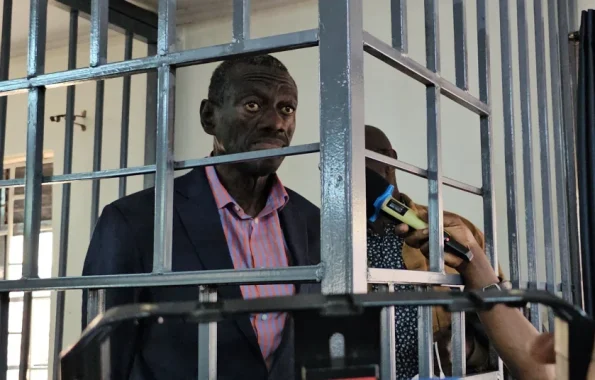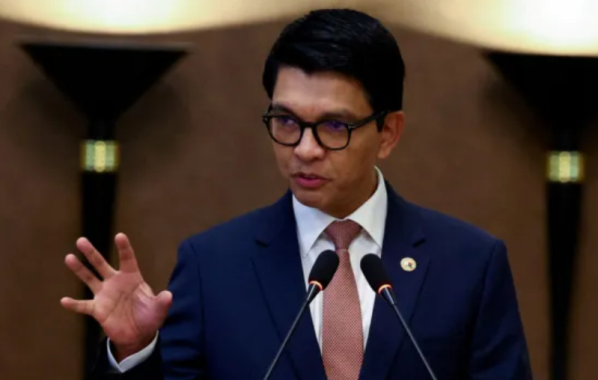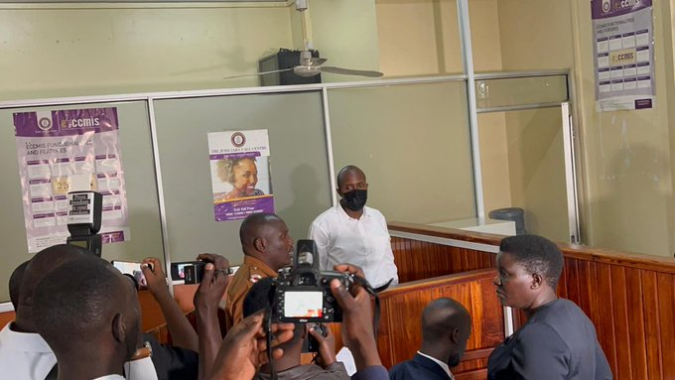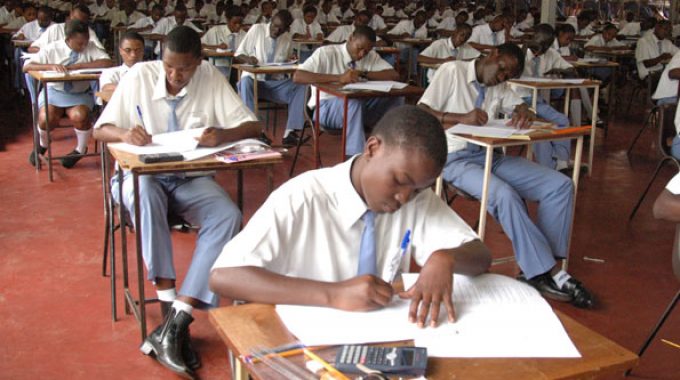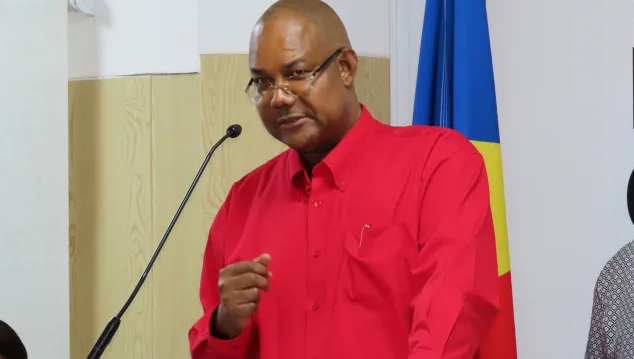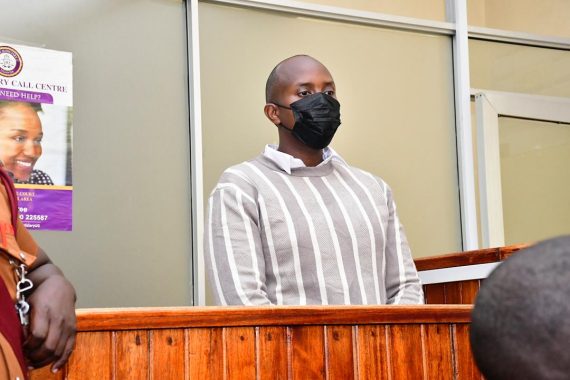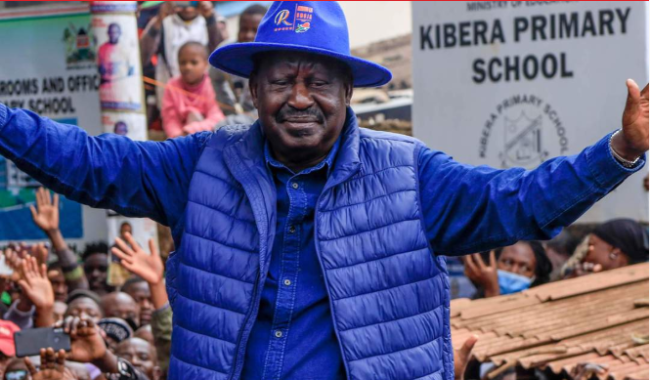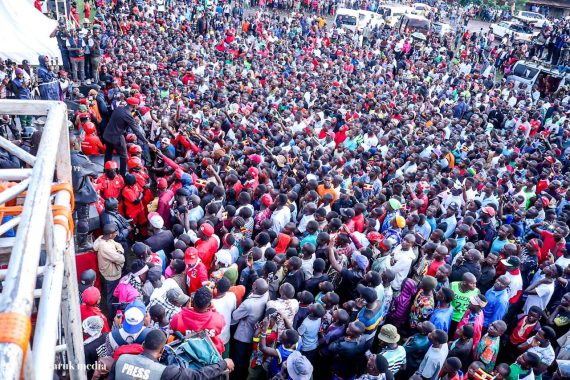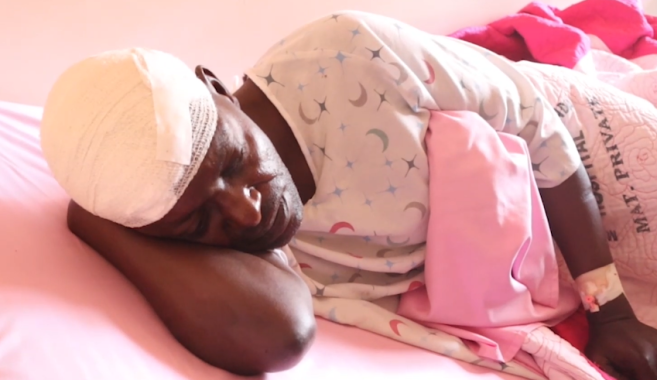The embattled opposition leader, Col. Dr. Kizza Besigye, was ordered by the Uganda People’s Defense Forces (UPDF) General Court Martial to take a plea on an amended charge sheet that now includes charges of treachery.
The court session, held in Makindye, saw prosecutors present an updated list of charges against Besigye and his co-accused, Obeid Lutaale Kamulegeya. A new suspect, Captain Denis Oula, a serving UPDF officer from the Armoured Brigade, was also named.
According to the amended charges, the three men allegedly held secret meetings between February 2023 and November 2024 in cities such as Geneva, Athens, Nairobi, and various places within Uganda. These meetings, the prosecution claims, were part of a plot to solicit support for military targets and destabilize the Uganda People’s Defense Forces (UPDF).
When the charges were read, Besigye refused to respond, with his lawyer Erias Lukwago challenging the court’s jurisdiction over crimes committed abroad. Lukwago argued that the UPDF Court Martial had no authority to handle such cases outside Uganda’s borders and that the process violated international laws regarding extradition.
In a dramatic twist, Martha Karua, a member of Besigye’s defense team, asked how the UPDF could claim jurisdiction over incidents involving arms in Nairobi, which she said was beyond its reach.
However, Col. Raphael Mugisha, leading the prosecution, defended the move, claiming that the accused were returned to Uganda in compliance with a security agreement between Uganda and Kenya.
After a tense legal exchange, the General Court Martial chair, Brigadier Robert Freeman Mugabe, ruled that the court had jurisdiction over the offenses committed both within Uganda and abroad. He dismissed the objections raised by the defense and ordered Besigye and Lutaale to take a plea.
Besigye’s legal team wasn’t ready to give up. They immediately appealed for the case to be referred to the Constitutional Court, seeking clarification on whether the UPDF Court Martial had the right to handle civilian cases. They argue that the court oversteps its role by trying cases involving civilians and could potentially lead to biased proceedings.




